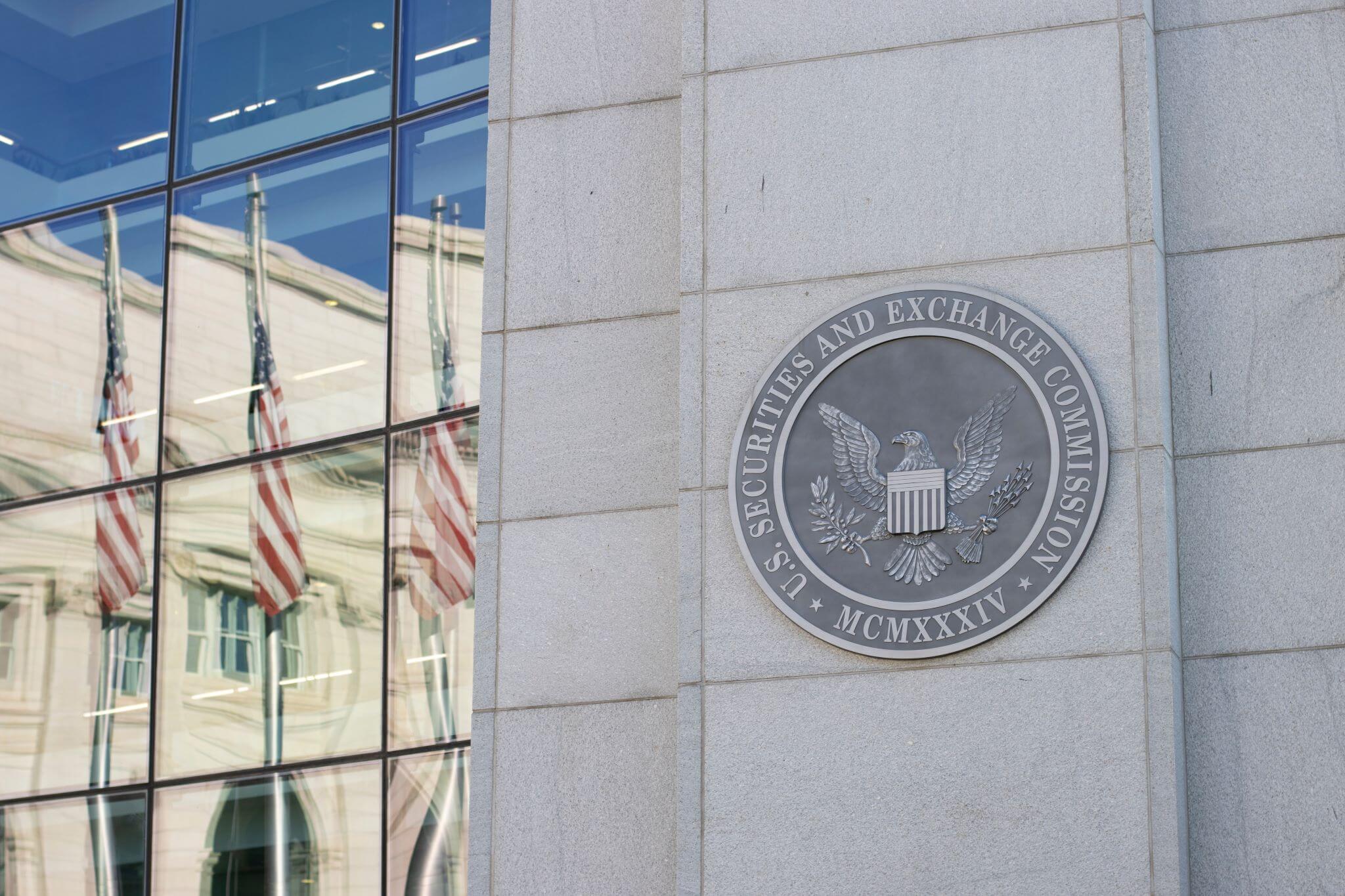Inside the SEC’s Private Fund Reform: What Advisors Need to Know

UPDATE: U.S. Appeals Court Overturns SEC Rule
On June 5, a U.S. appeals court invalidated an SEC rule intended to provide greater transparency for private equity and hedge funds. This ruling marks a significant victory for the nearly $27 trillion industry, alleviating the substantial compliance burdens that had fund managers and PE groups deeply concerned. The New Orleans-based 5th U.S. Circuit Court of Appeals unanimously decided that the SEC had overstepped its authority with the rule.
Many industry leaders are relieved and pleased with the decision, viewing it as a reprieve from the excessive and costly regulations that threatened to disrupt business operations. Conversely, investor advocates criticized the ruling, arguing that it removes essential protections for ordinary investors. Despite these concerns, this decision offers a clear signal to fund managers and PE groups that the regulatory landscape remains in flux, and they must stay vigilant and informed about ongoing legal developments.
The invalidation of the SEC’s transparency rule highlights the importance of preparing to adapt to new compliance requirements as they emerge. With the compliance burden lifted, fund managers and PE groups can now refocus on their core business activities without the looming threat of additional regulations. For tailored guidance, reach out to our FD experts today.
The private fund industry is undergoing drastic change. Recently, the Securities and Exchange Commission (SEC) deepened its oversight of the sector, adopting new rules meant to increase visibility into how private fund investments are managed and performing.
The new rules and restrictions focus on fiduciary obligations, transparency and anti-fraud protections. In so doing, the SEC is shining a brighter spotlight on private fund advisors. Noncompliance with the reforms can lead to penalties including fines, cease-and-desist orders and other sanctions.
How Should Advisors Proceed?
In this article, we’ll cover everything advisors need to know about the SEC’s updated private fund regulations. By the end, you’ll understand how you can effectively comply, minimize operational disruptions and avoid compliance issues.
What Are the New SEC Private Fund Rules?
On August 23, 2023, the SEC adopted Final Rules that directly reform regulations first set forth under the Investment Advisers Act of 1940. These new rules greatly impact how private fund advisors must operate. The new rules include:
Disclosing preferential treatment: Providing private preferential treatment to certain investors over others—including improved terms, redemptions, etc.—is now restricted. Advisors must disclose the same offers to all investors “as soon as reasonably practicable.”
This means if any preferential treatment is granted to any investor, the same terms must be disclosed to all other investors in a report released at least once a year. Additionally, a new investor cannot be admitted into a fund until he or she has received advanced disclosure of what has been offered to other investor
Additionally, advisors cannot allow certain investors to cash out their investments faster if doing so would materially harm the other investors in the fund. The only way for investors to redeem faster is if the same term is offered to everyone in the fund.
Finally, advisors cannot provide certain information about portfolio holdings to individual investors without also disclosing it to all others in the fund.
Issuing quarterly statements: Under the new regulations, advisors must issue a quarterly statement regarding fund performance detailing fee waivers, itemized fund fees and expenses, in addition to how much the advisor is paid from the fund.
Restricting certain advisor activities: Advisors to private funds can no longer perform the following actions without full disclosure to—and sometimes consent from—investors:
- Charging the fund for expenses related to the advisor being investigated
- Charging the fund for fees related to regulatory compliance
- Borrowing or receiving credit from the fund
- Lowering the general partner clawback by amounts due for actual or hypothetical taxes
Mandatory annual audits: Each private fund must obtain an annual audit [if it meets the requirements of Rule 206(4)-2 of the Advisers Act]. Advisors cannot opt out of annual audits.
This last rule marks a pivotal shift away from “business as usual.” Let’s dive deeper into the new audit regulations.
Are Annual Audits Required for Every Private Fund?
The short answer is yes. Larger private funds have traditionally conducted audits on a regular basis. Now, under the new reforms, annual audits are mandatory across all private funds, no matter their size. This includes co-investment and sidecar funds which may have been excluded from mandatory audits in the past. Moreover, advisors can no longer opt out of providing audited financial statements in lieu of surprise examinations.
It’s also important to keep in mind that, according to the SEC, not all auditing practices are equal. That’s why the new reforms mandate that audits must be conducted by a firm registered with the Public Company Accounting Oversight Board (PCAOB). Audits performed by a firm outside of the PCAOB registry will not be compliant.
These new compliance regulations mark a massive change for private funds in general, but especially for small and medium-sized funds unaccustomed to regular auditing. For this reason, we advise managers of the latter group to immediately begin allocating resources, guidance and PCAOB-registered auditors, like our team at Frazier & Deeter (FD), to comply with the new standards.
What Is the Timeline for Complying With the New SEC Private Fund Rules?
Timing for compliance depends on whether the private fund is classified as “larger” or “smaller.” Typically, larger funds are granted one year after the publication of the rules to comply (August 2024), while smaller funds have 18 months (February 2025). Keep the following chart handy to determine compliance dates:
| Smaller Funds | Larger Funds | |
| Preferential Treatment Rules | 18 months | 12 months |
| Quarterly Statement Rules | 18 months | 18 months |
| Mandatory Audit Rules | 18 months* | 18 months* |
| Restricted Activities Rules | 18 months | 12 months |
*The industry is unsure whether compliance rules mandate audits for the 2024 or 2025 fiscal years. We expect clarification from the SEC on this point in the upcoming weeks.
Stay Compliant with Frazier & Deeter
The SEC’s new rules aim to enhance transparency, but they also usher in complex obligations for advisors to stay compliant. Considering that these reforms are also being actively challenged in court, it is essential to navigate the shifting landscape with a trusted, experienced partner.
FD’s award-winning auditing and advisory experts are ready to steer you through SEC reform compliance. No matter the challenge or size of your private fund, we have the specialized expertise needed to help you understand—and meet—your obligations under the new SEC rules. Explore our audit and assurance services or reach out to our team with your questions today.
Explore related insights
-
Supreme Court Overturns Tariffs in Learning Resources, Inc. v. Trump
Read more: Supreme Court Overturns Tariffs in Learning Resources, Inc. v. Trump
-
Start-Ups Returning to R&D Tax Credit: Opportunities Under OBBBA
Read more: Start-Ups Returning to R&D Tax Credit: Opportunities Under OBBBA








